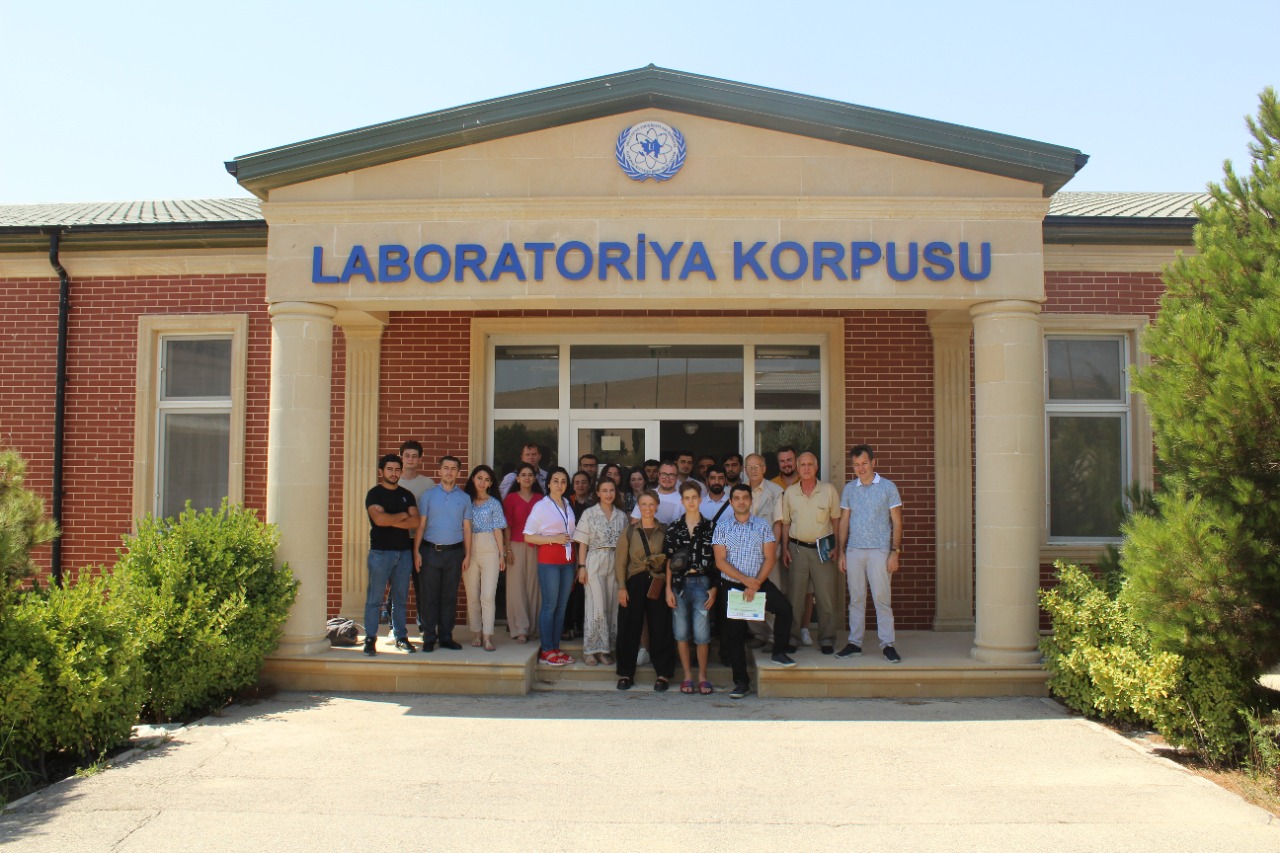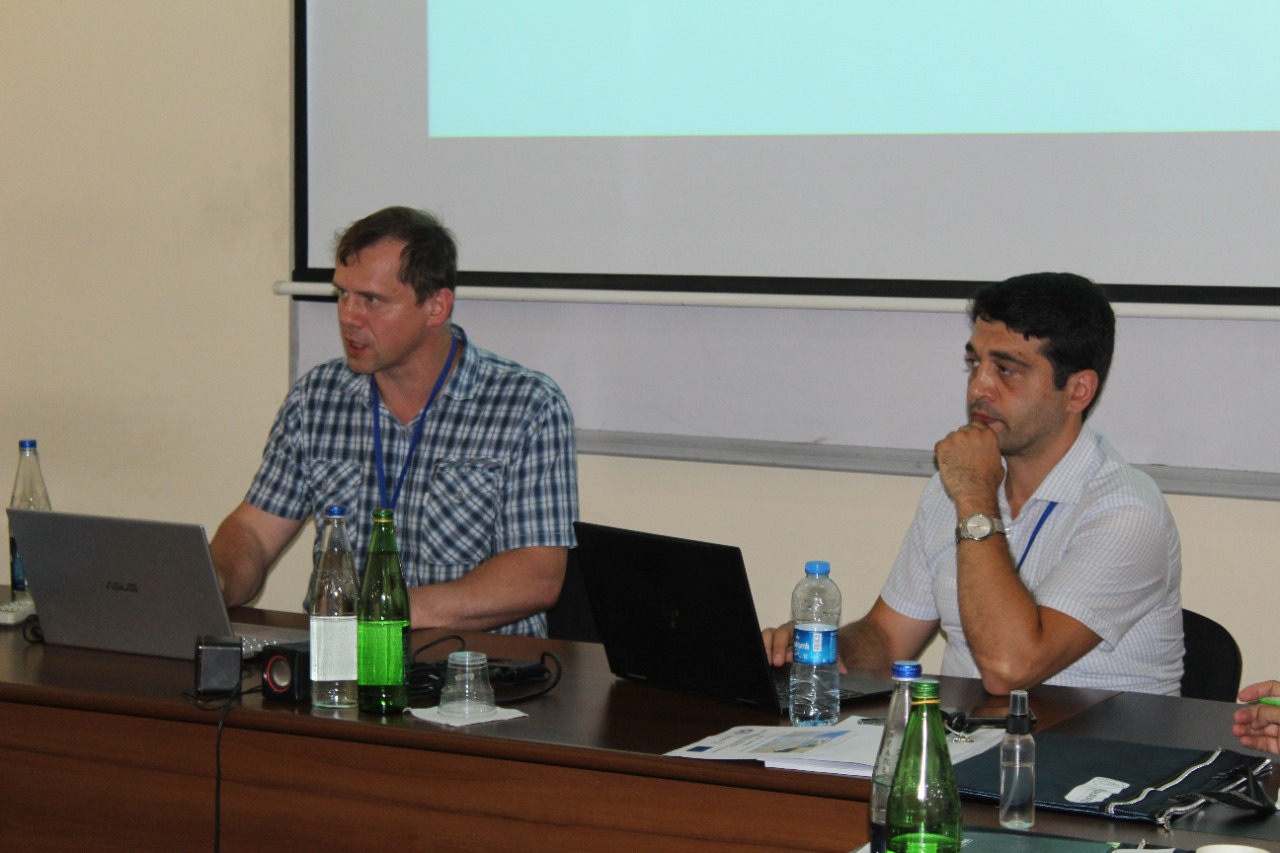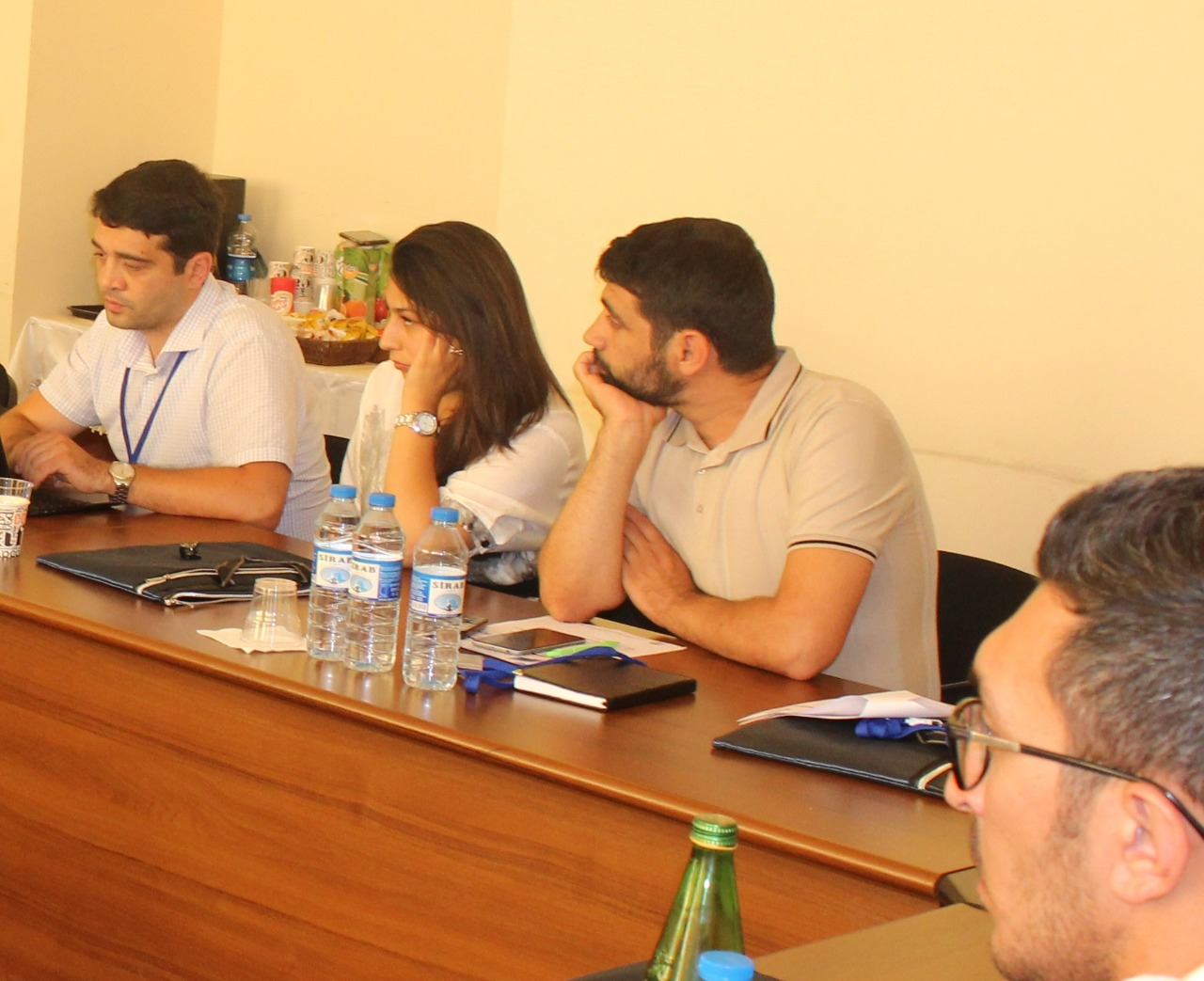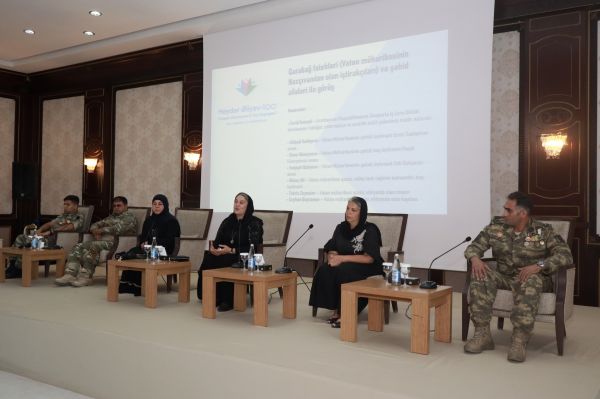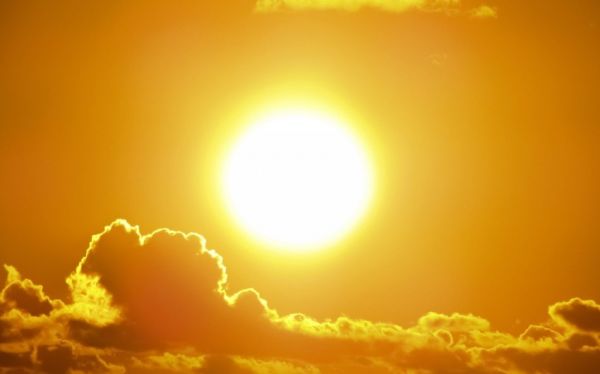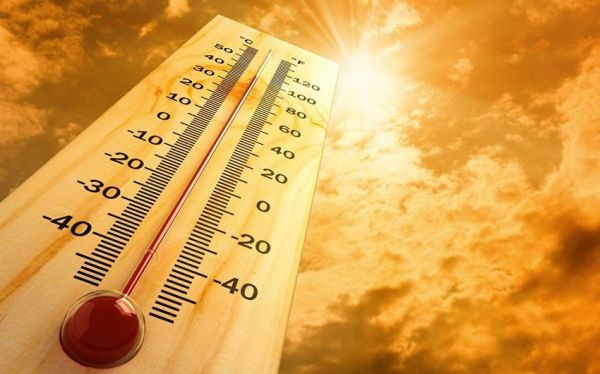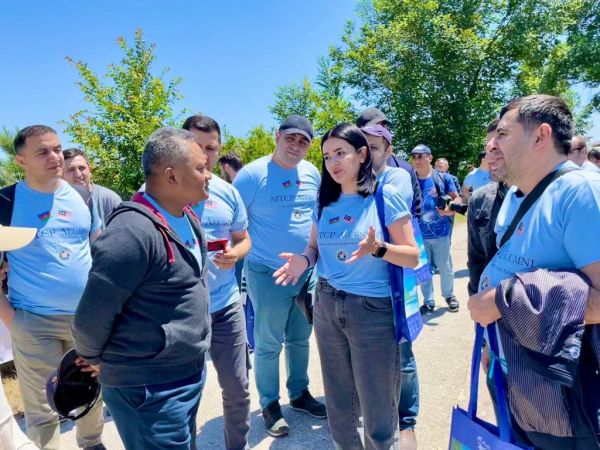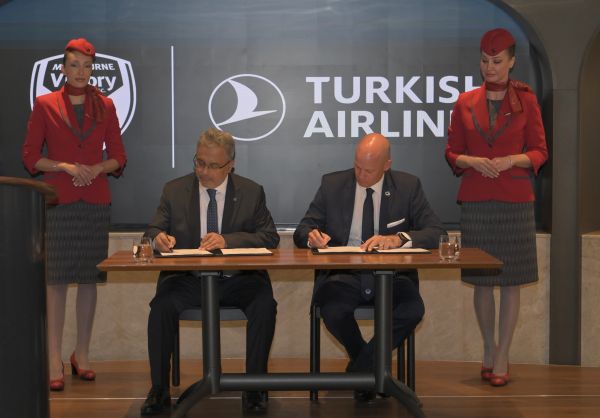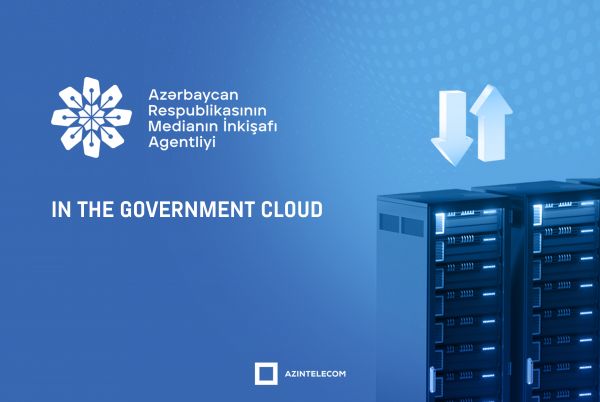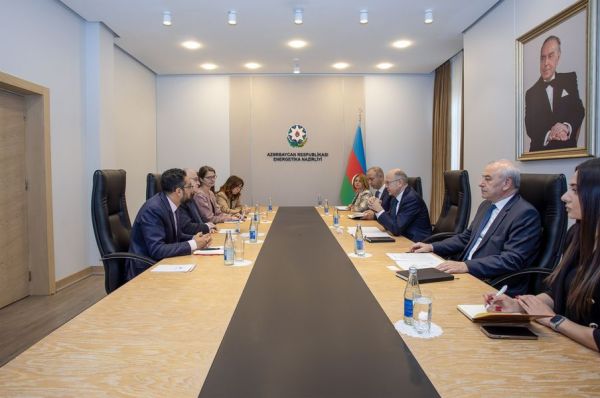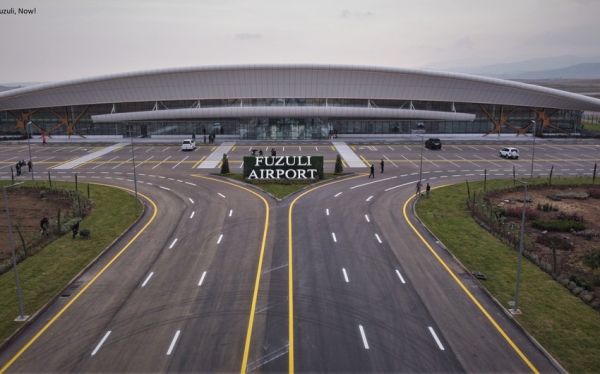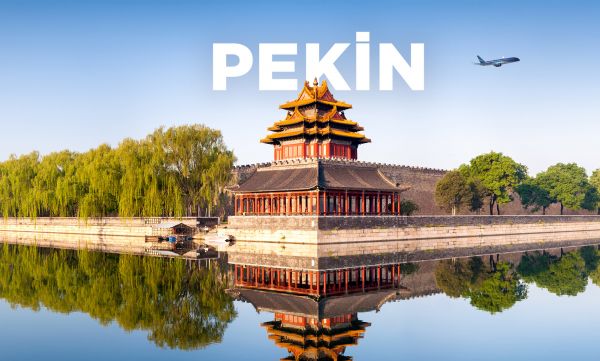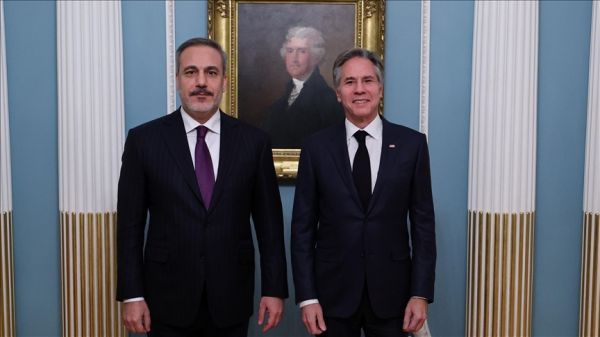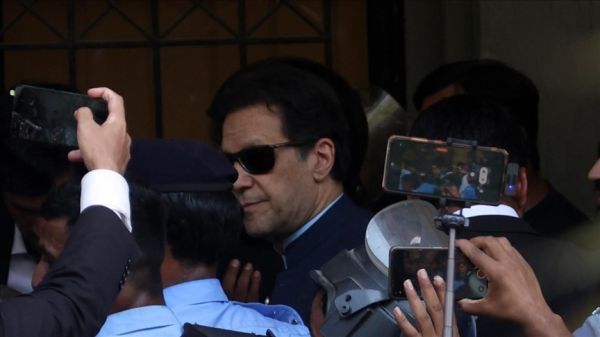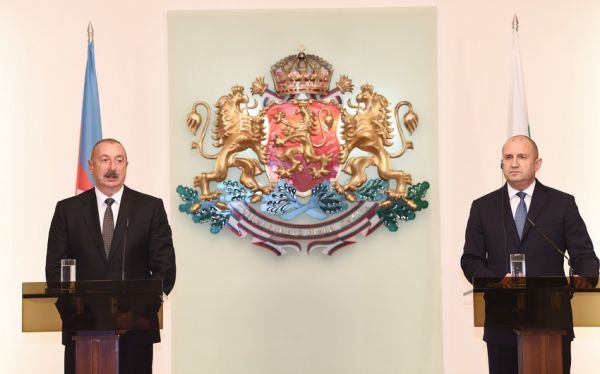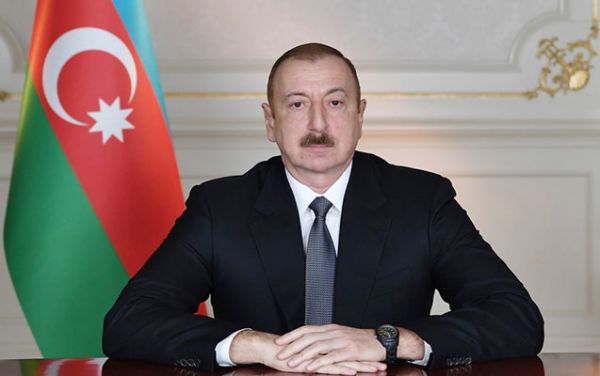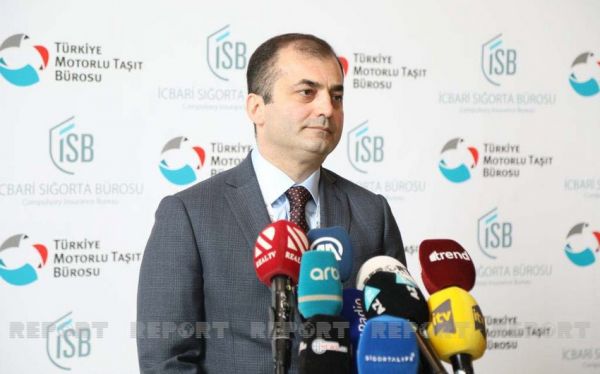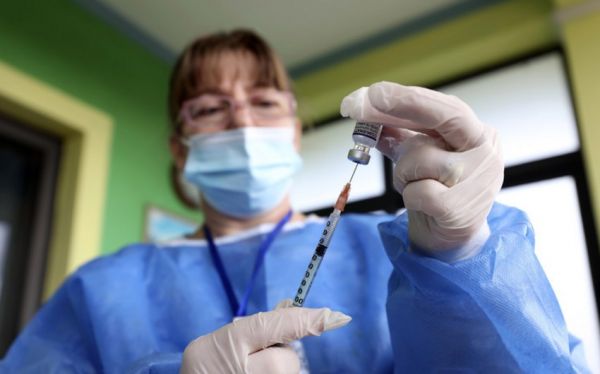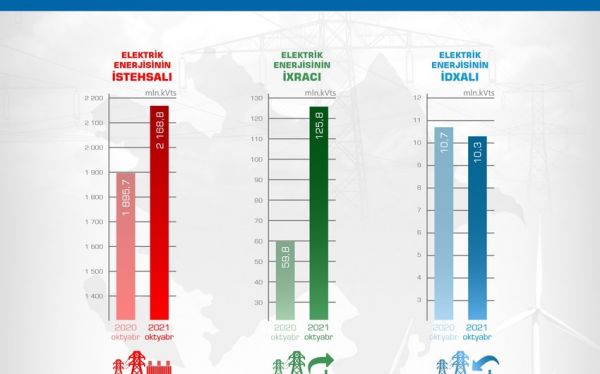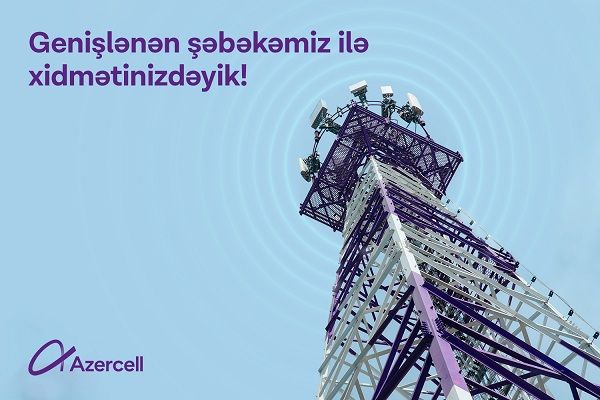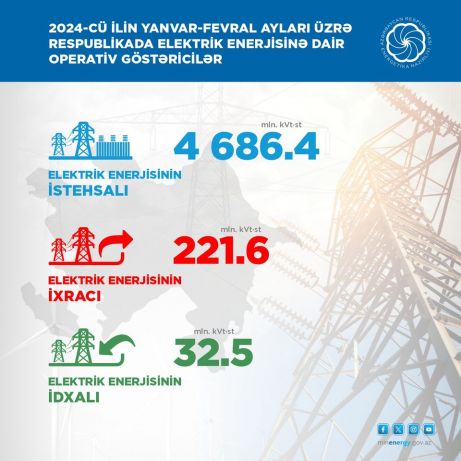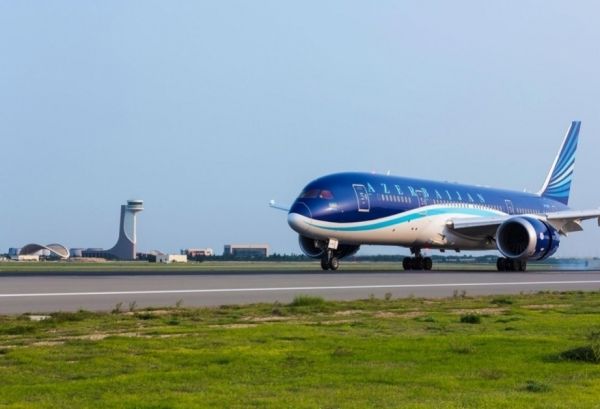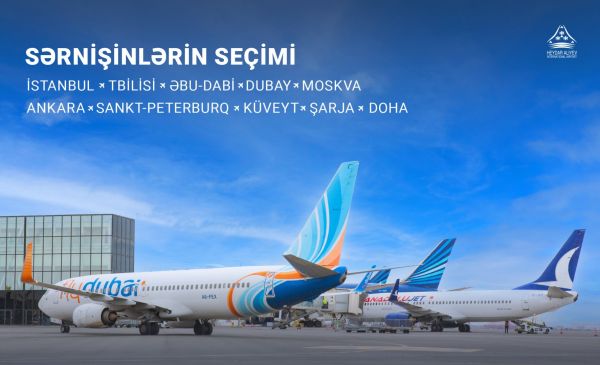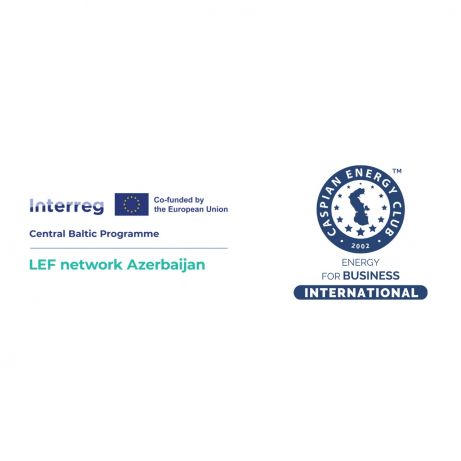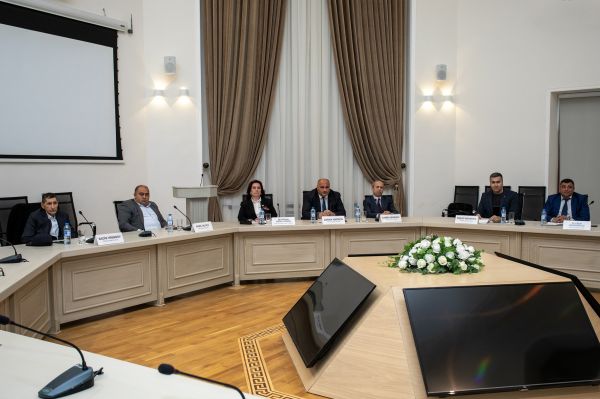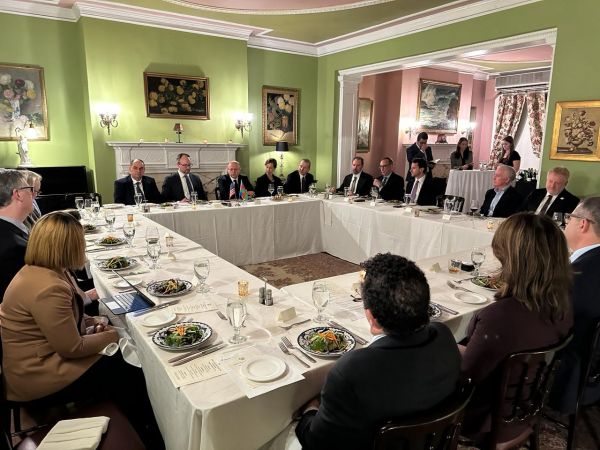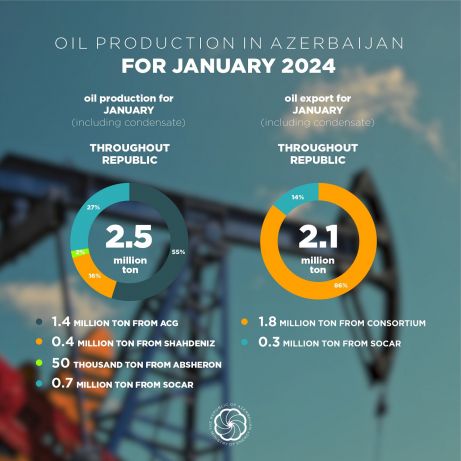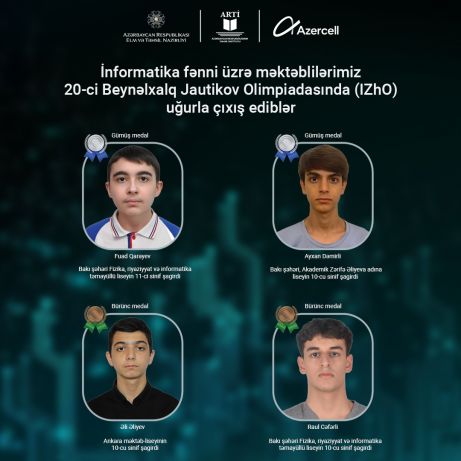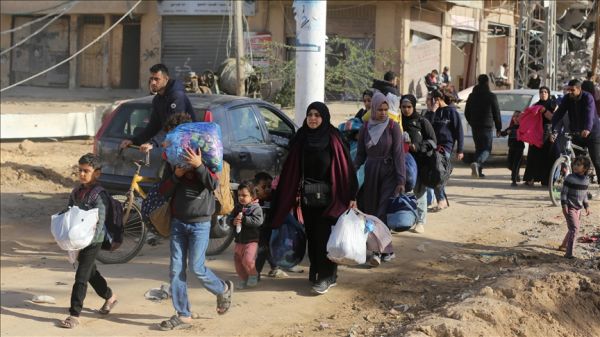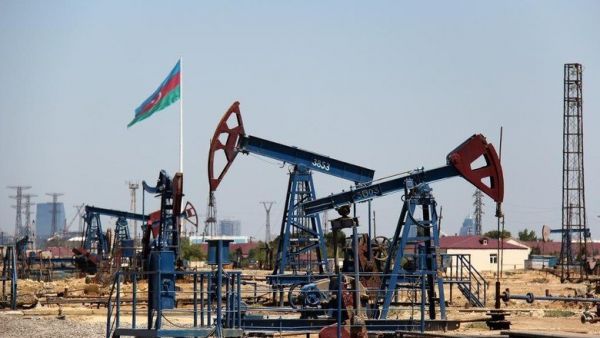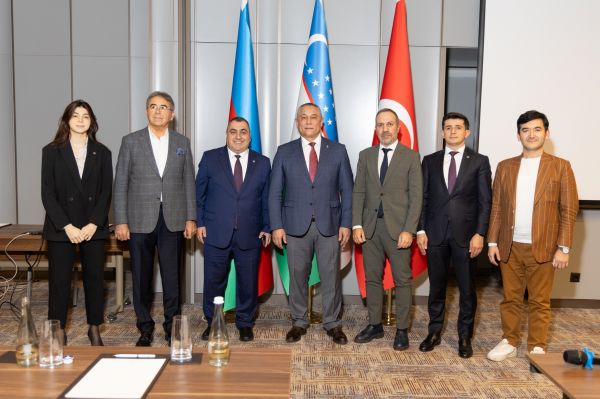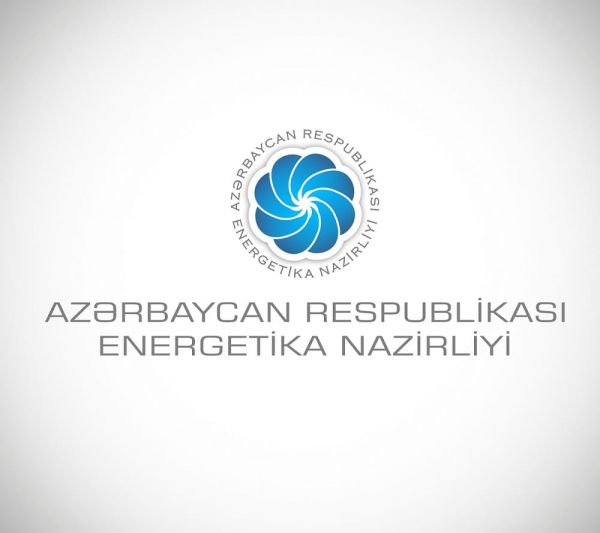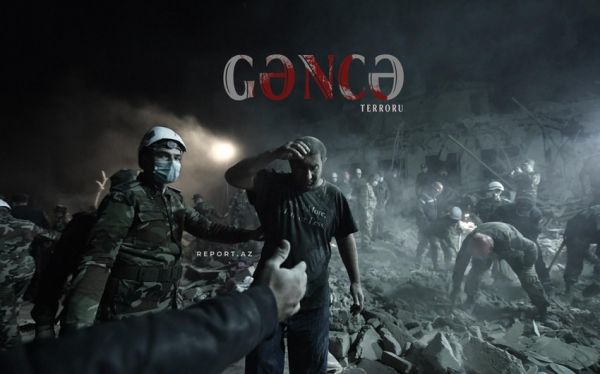Baku 2022 "Self-sufficient humidity to electricity Innovative Radiant Adsorption System Toward Net Zero Energy Buildings" summer school in frame of HORIZON-2020 program
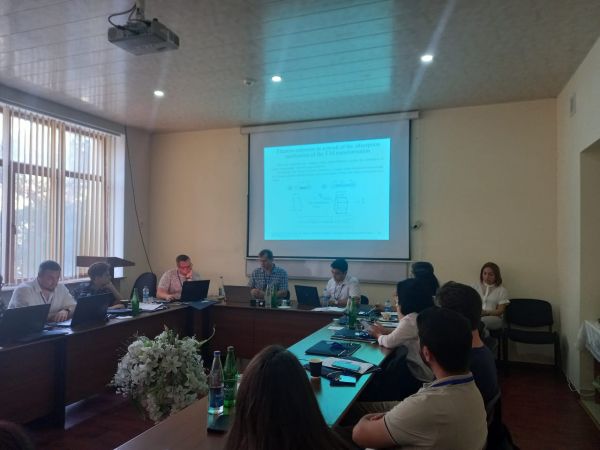
The summer school was held in Baku on July 18-20, 2022 as part of the HORIZON 2020 program. Research and Innovation Staff Exchange (RISE) H2020-MSCA-RISE-2019 “Self-sufficient humidity to electricity Innovative Radiant Adsorption System Toward Net Zero Energy Buildings" (SSHARE).
The EU-funded SSHARE project aims to develop innovative envelopes for buildings aimed at net zero energy, contributing significantly to European technology and creativity. Envelope is a combination of two technologies that cool or heat the building depending on the time of year using only atmospheric humidity as both thermal and electric energy supply. Successful realization of the project is assured by implementing a coordinated network of knowledge sharing in materials science, chemistry and mechanical engineering; by solidifying the state-of-the-art understanding in nanoelectronics and energy efficiency, and by applying bottom-up nanoengineering approaches via an international and inter-sector collaboration of highly qualified researchers from Portugal, Spain, Ukraine, Tajikistan, Uzbekistan, Azerbaijan. The SSHARE project will develop innovative self-sufficient envelope for buildings aimed at net zero energy, thereby contributing to the European technology and creativity through joint R&D and R&I multisectoral and international cooperation activities supported by knowledge sharing. The SSHARE project will allow applying recent advancements in nanotechnology science and mechanical engineering to address ""Plus Energy Houses"" EU 2050 concept."
The summer school was attended by master students and PhD students of the Institutes of the National Academy of Sciences of Azerbaijan, the National Nuclear Research Center CJSC under the Ministry of Digital Development and Transport, Mingachevir State University, Baku State University and the National Research Nuclear University. Lectures were given by leading experts from the Universities of Lusofona and Nova ID (Portugal), the Institute of Semiconductor Physics and Donetsk Institute for Physics and Engineering of the National Academy of Sciences of Ukraine, the Joint Institute for Nuclear Research (Russia), the Institute of Radiation Problems of the National Academy of Sciences of Azerbaijan and the National Nuclear Research Center (Azerbaijan).
The first day of the school was held at the Institute of Physics of the National Academy of Sciences of Azerbaijan. The event was also attended by the Acting President of ANAS, General Director of the Institute of Physics, Academician Arif Gashimov. As the team leader of the research group from Azerbaijan side, Dr. Azer Sadigov made an introductory speech, where he noted the relevance, goals and current results of the work of the international consortium. Lecturers from leading scientific organizations in this field were invited, namely Prof Sergiy Lyubchyk, Dr. Mario Boucinha, Dr. Afag Madadzada, Prof. Svitlana Lyubchyk, Prof. Yurii Bacherikov, Dr. Oleksandr Doroshkevych, Dr. Farid Ahmadov and Prof. Andriy Lyubchyk..
The second and third days were devoted to practical exercises on material characterization in the laboratories of the National Nuclear Research Center CJSC of under the guidance of Dr. Jalal Naghiev. The guests were also presented with the scientific research work of young employees Dr. Aydan Garibli and Rafael Isaev. In conclusion, the students were awarded certificates of completion of the summer school, and it was also proposed to draw up a new international agreement between the consortium members on further cooperation within the framework of international scientific programs.
